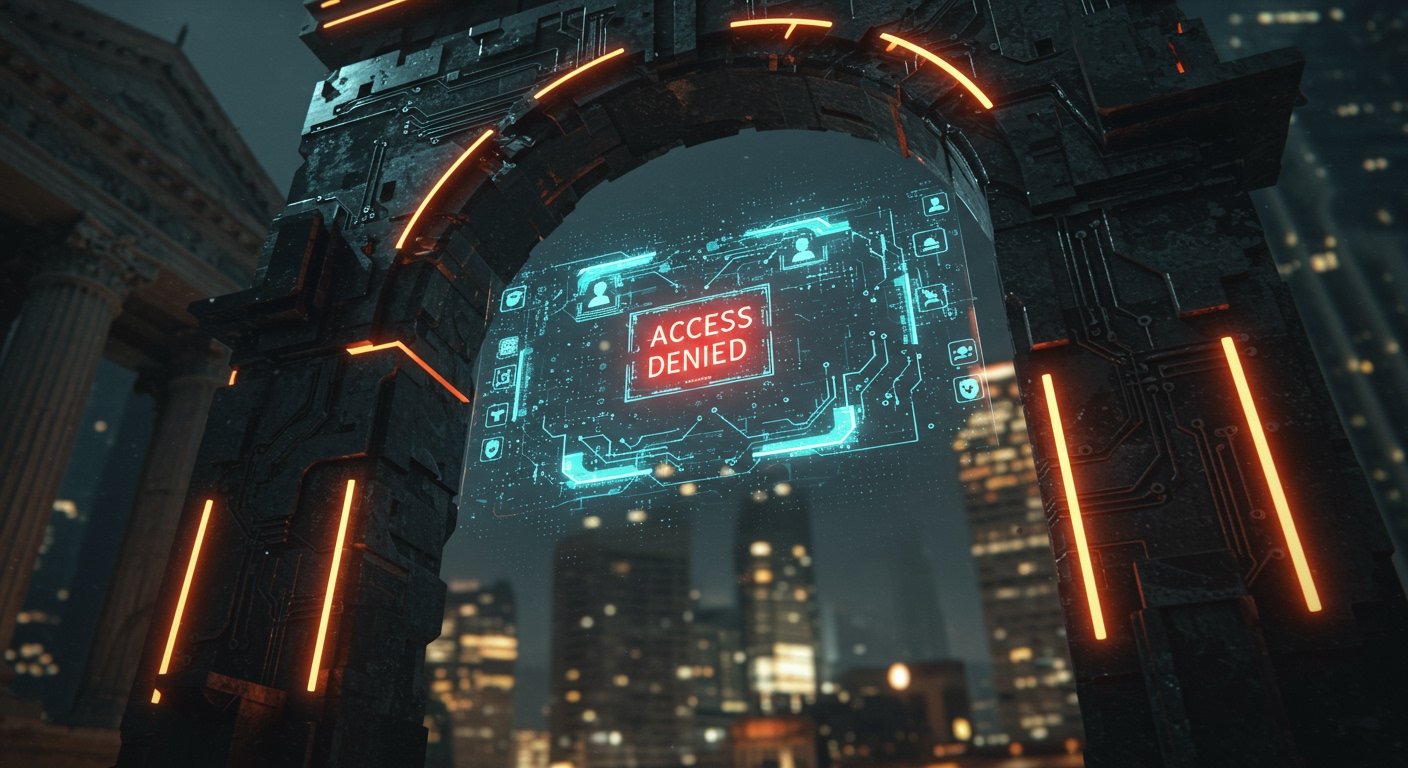Texas Senate Debates Sweeping Education Reform
A fierce legislative battle is currently unfolding within the Texas State Senate as lawmakers grapple with the merits and potential consequences of Senate Bill 101, a comprehensive education reform package. Introduced by Senator Jane Smith, the bill has quickly become a focal point of debate, drawing sharp lines between proponents who see it as essential for progress and opponents who warn of detrimental impacts on public education across the state. The discourse surrounding SB 101 has been described as heated, reflecting the high stakes involved in reshaping how Texas schools are funded, what they teach, and how students might access educational options.
Key Provisions Driving Controversy
The heart of SB 101 lies in several key provisions designed to fundamentally alter the landscape of Texas public education. One of the most significant is the mandate for performance-based funding adjustments for public schools. This proposal seeks to tie a portion of state funding directly to school performance metrics, which supporters argue will incentivize improvement and reward schools achieving strong student outcomes. However, the specifics of these metrics and the potential financial volatility for districts remain points of contention.
Another core component addresses curriculum standards at the high school level. The bill proposes standardized high school curriculum requirements focusing on specific civics content. This provision aims to ensure that all Texas high school students receive a consistent and robust education in civics, preparing them for informed civic participation. While the goal of enhanced civics education is widely supported, debates center on the prescribed content, pedagogical approaches, and the extent to which this standardizes curriculum state-wide, potentially limiting local flexibility.
Further adding to the debate is the introduction of a pilot program offering targeted “opportunity scholarships”. This program is specifically designed for select low-performing districts, intending to provide students in these areas with financial assistance to attend alternative educational settings. Proponents frame these scholarships as a means of offering immediate options to students in struggling schools, while opponents voice concerns about the potential diversion of public funds from the public school system and the criteria for both district and student eligibility.
Supporters Champion Accountability and Outcomes
Proponents of SB 101, including Governor [Hypothetical Governor Name], argue forcefully that the legislation is vital for improving accountability and student outcomes statewide. They contend that the current system lacks sufficient mechanisms to ensure all schools are effectively serving students and that the proposed reforms will introduce necessary rigor and incentives for excellence. Governor [Hypothetical Governor Name] and other supporters highlight the performance-based funding as a means to identify and support successful strategies while holding underperforming schools accountable. They believe the standardized civics curriculum is crucial for fostering informed citizens, and the targeted opportunity scholarships offer a necessary lifeline to students trapped in persistently low-performing environments. The overall package, from this perspective, represents a forward-thinking approach necessary to prepare Texas students for the future and ensure the state’s educational competitiveness.
Opponents Raise Concerns Over Funding, Control, and Equity
In stark contrast, a broad coalition of opponents has mobilized against SB 101, voicing deep concerns about its potential negative impacts. Groups such as the Texas AFT and representatives from various local school districts are among the most vocal critics. A primary point of contention is the claim that the bill constitutes an unfunded mandate, imposing new requirements and potentially shifting financial burdens onto local districts without providing adequate state resources to meet them. This concern is particularly acute regarding the implementation of new curriculum standards and the potential administrative costs associated with performance tracking.
Opponents also strongly argue that SB 101 undermines local control. They contend that state-mandated performance metrics and standardized curriculum requirements strip local school boards and administrators of the flexibility needed to tailor education to the unique needs of their communities and students. The belief is that decisions about funding priorities and curriculum content are best made at the local level by those closest to the schools and families they serve.
Furthermore, opponents express significant worry that the bill could exacerbate disparities within the Texas education system. They argue that performance-based funding could disproportionately penalize schools serving disadvantaged populations with greater challenges, potentially leading to reduced resources where they are needed most. Concerns are also raised that the opportunity scholarship program, despite being targeted, could ultimately draw resources away from public schools and potentially benefit a limited number of students, leaving the majority behind in struggling systems. This sentiment is widely echoed in editorials across the state, with numerous publications offering critical analyses of the bill’s potential to widen the achievement gap and create a two-tiered system.
Widespread Editorial Scrutiny Underscores Deep Divisions
The intense legislative debate surrounding SB 101 is mirrored by widespread editorial scrutiny from newspapers and media outlets across Texas. Editorials have frequently amplified the concerns raised by opponents, highlighting the risks associated with what many perceive as a top-down approach to education reform. The focus of this scrutiny often centers on the potential financial strain on districts, the erosion of local autonomy, and the equity implications of the funding and scholarship provisions. This broad public discourse underscores the deeply held and conflicting visions for the future of public education in Texas.
As the Texas State Senate continues its deliberations, the future of SB 101 remains uncertain. The debate is likely to be protracted, with potential amendments and vigorous negotiation as lawmakers attempt to reconcile the competing interests and philosophies at play in this significant education reform effort. The outcome will undoubtedly have profound and lasting effects on students, educators, districts, and communities across the Lone Star State.





